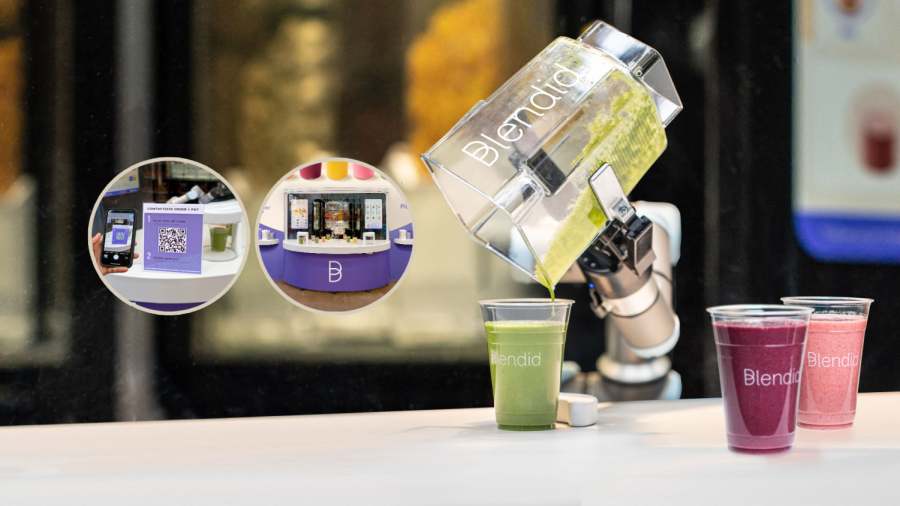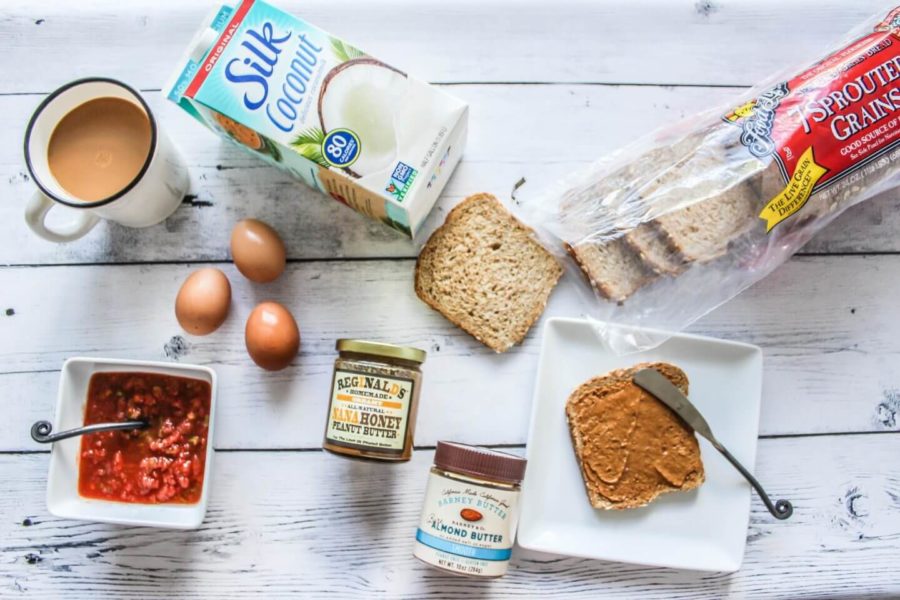Scientists at Harvard have been studying the effects of coffee on humans for several years, and they have yet to find support that it stunts your growth as has been commonly claimed. In fact, they’ve found the opposite. They haven’t found that it makes you taller, but they have found that it has far more proven positive effects than negative.
Studies done by the Nurses’ Health Study — long-running studies that have been funded by the National Institutes of Health and the Harvard School of Public Health — have found coffee consumption helps to protect against Type 2 diabetes and cardiovascular disease.
Though the studies haven’t discovered exactly what element of the coffee causes these benefits, some of the effects are present in decaffeinated as well, so they know it isn’t only the caffeine.
“Coffee is a complex beverage,” Frank Hu, a professor of medicine and a professor of nutrition and epidemiology, told the “Harvard Gazette” in an article published in September. “It’s very difficult to pinpoint which component of coffee is responsible for the benefit. There are numerous bioactive compounds.”
Coffee is rich in antioxidants — one of them being chlorogenic acid, which scientists believe may be one of the ingredients that causes the benefits.
Now, does this mean that all coffee is created equal, and all coffee offers the same benefits?
Not exactly.
Your Dunkin’ Donuts coffee with cream and sugar or your Starbucks caramel macchiato are just a few of the coffee drinks that these studies are not promoting.
If you want to reap the benefits of coffee, you have to drink it black. Once you add dairy and sweeteners, the calorie count rises so high that the coffee itself is diluted. The benefits are basically nullified.
If you don’t think you like coffee black, try different brews, different shops or different roasts. There is such a variety available that chances are there’s one that you’ll like on its own. It may take some getting used to, but considering the health benefits, it just may be worth it.
So how much coffee are these studies talking about?
There have been several studies performed by Harvard. In a 2012 study, three cups per day showed a 20 percent lower risk of basal cell carcinoma.
A study in 2013 showed that three to five cups per day showed the most protection against cardiovascular disease.
In 2014, the Harvard T.H. Chan School of Public Health released results from a study that showed an increase of more than a cup a day over a four-year span lowered the risk of Type 2 diabetes by 11 percent. The study also showed that those who drank more than one cup less per day increased their risk of Type 2 diabetes by 17 percent.
Sanjiv Chopra, a professor of medicine at Harvard Medical School, suggests starting with a half a cup of coffee per day.
“And then, slowly inch up — get to one cup. If you can get to two cups, you’re all set,” Chopra said in a video posted with the “Harvard Gazette’s” article, “How coffee loves us back.”
To yield the multiple benefits of coffee, be sure to drink it black, and often. If you’re a Frappuccino lover or an extra cream and extra sugar kind of coffee drinker, challenge yourself to try it black at least once a week and try different types. Your body might just thank you.









































